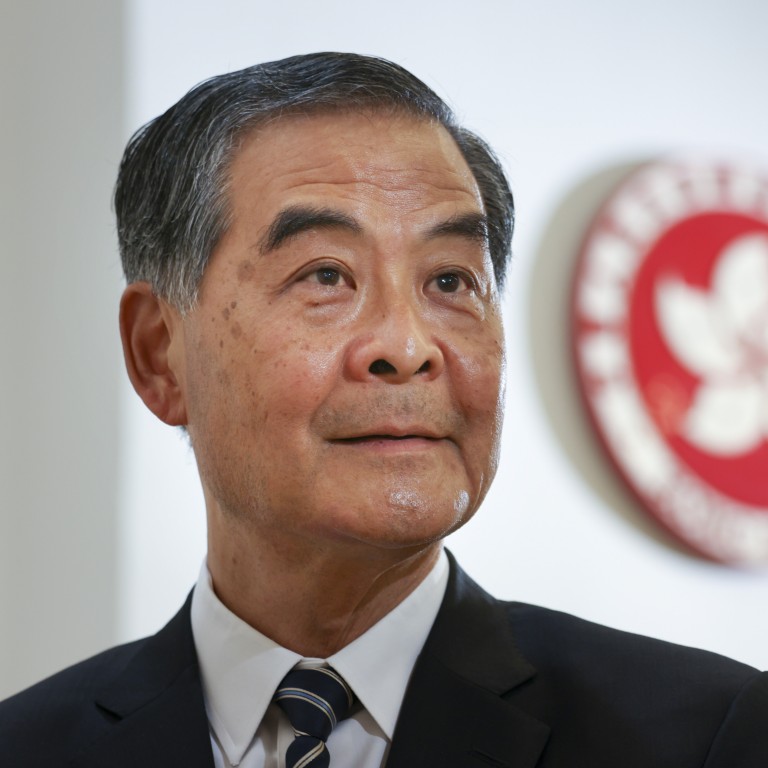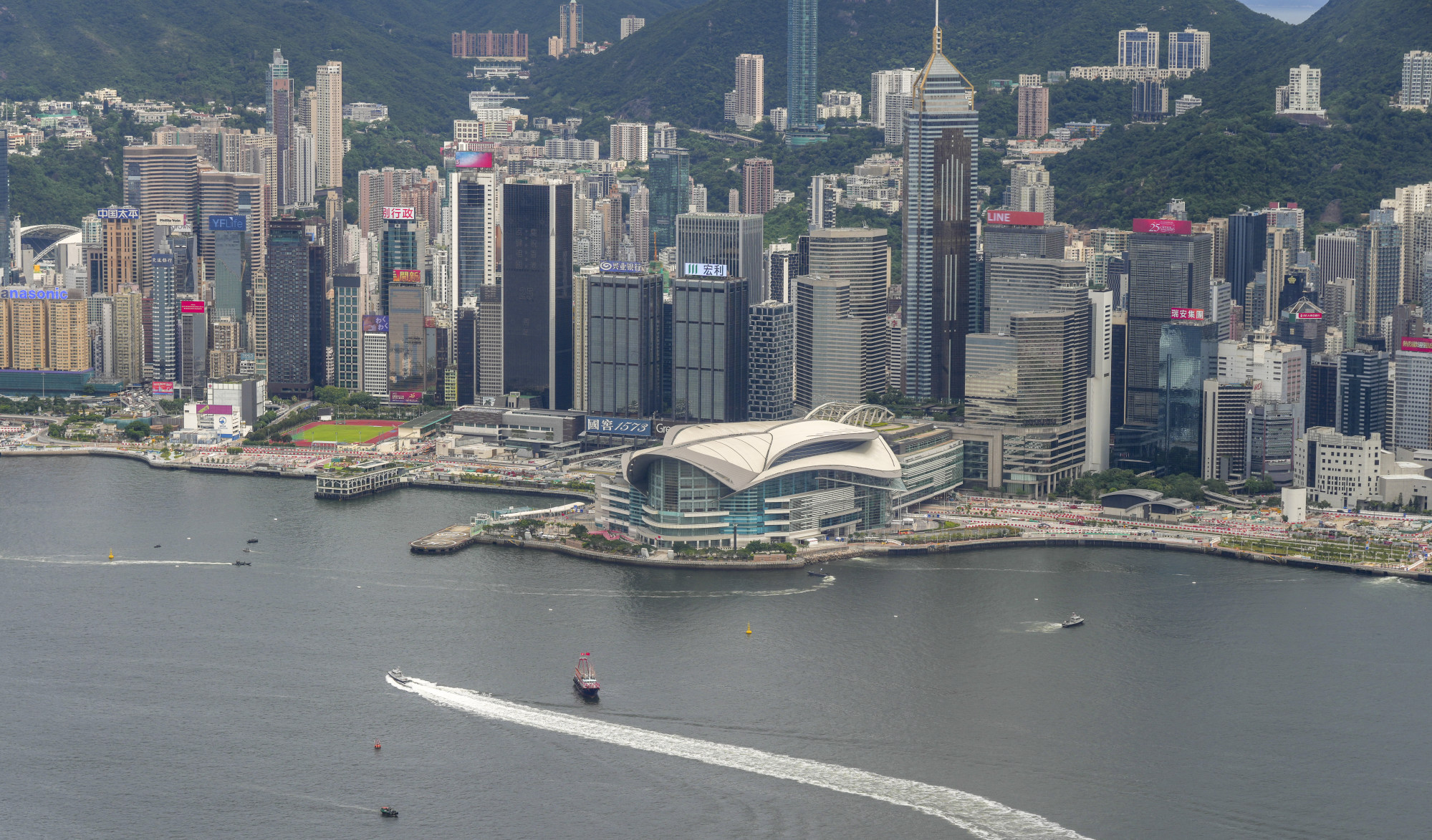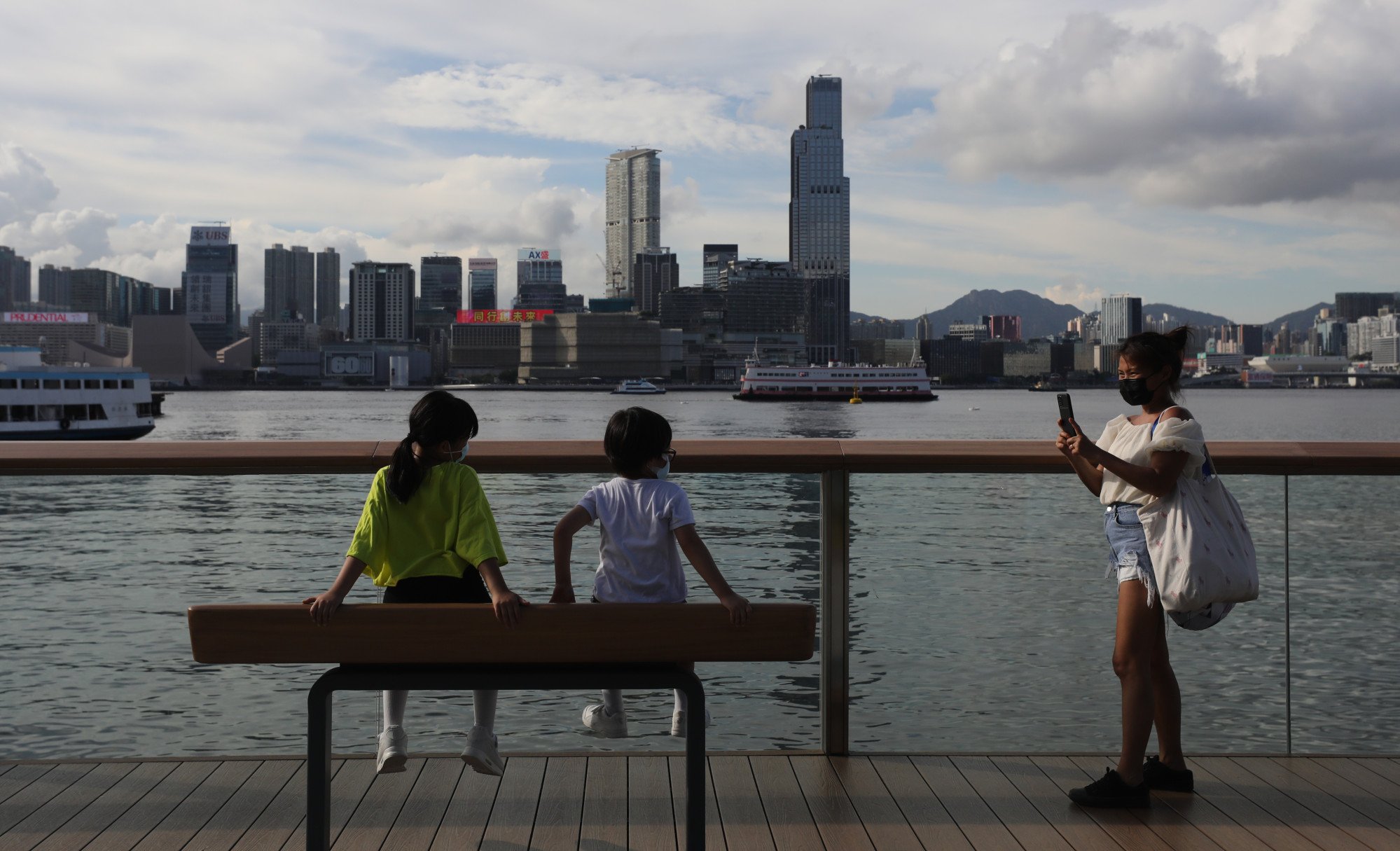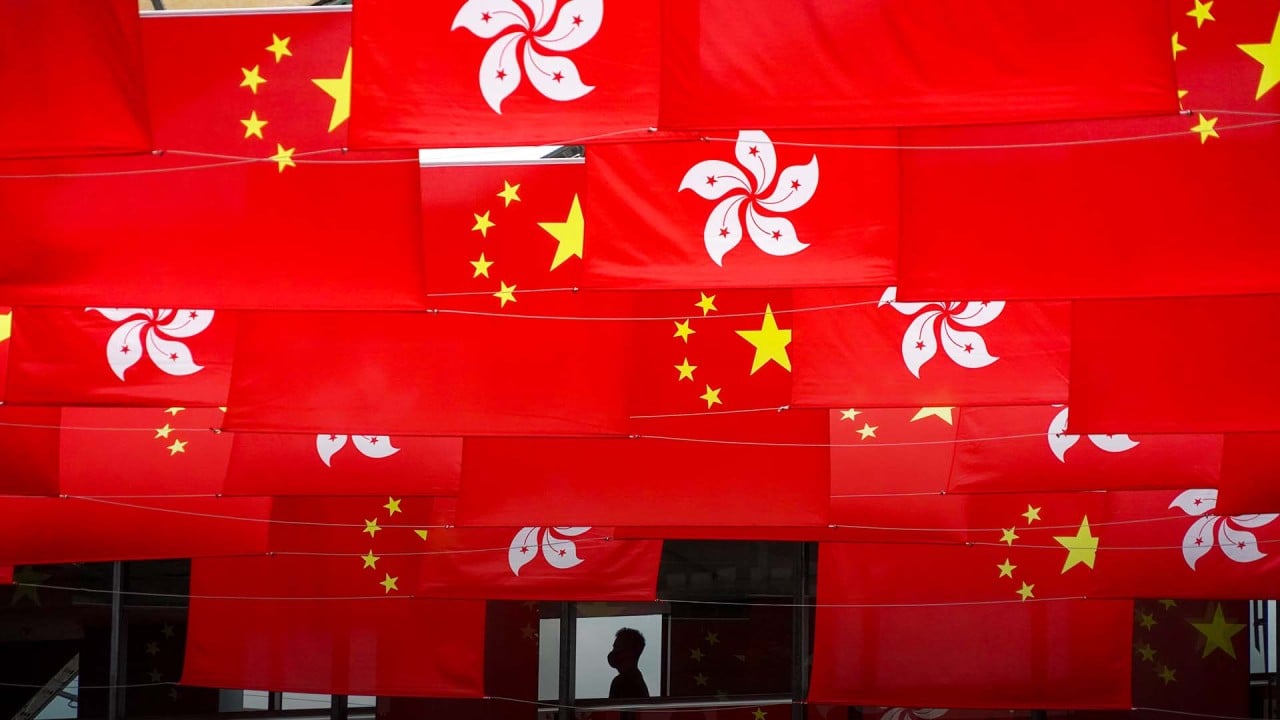
‘Free and pluralistic’: former leader Leung Chun-ying says people in Hong Kong can express different views, pursue personal interests
- Former leader Leung Chun-ying calls Hong Kong a ‘liberal and pluralistic society’ where people can openly express different views, pursue personal interests
- Hong Kong has bounced back ‘time and time again’ in the face of many challenges, he adds
Hong Kong’s third chief executive, Leung Chun-ying, shares his thoughts on the city’s uniqueness and its relationship with mainland China.
Twenty-five years after the handover, has “one country” overshadowed “two systems”? Has Hong Kong’s high degree of autonomy been undermined?
No to both questions. Anyone who says otherwise has to point to the articles in the Basic Law. Hong Kong’s two systems and its relationship with central authorities, including its high degree of autonomy, are not abstract concepts. They are all spelled out in the Basic Law which was promulgated 32 years ago. Critics have to be specific.
‘Vitality’ of ‘one country, two systems’ lauded ahead of Xi trip to Hong Kong
Has Hong Kong become too reliant on the mainland in the light of cross-border economic integration? Can Hong Kong develop its economic ties with the mainland in a mutually beneficial way?
Hong Kong has benefited immensely from its economic relationships with the mainland. The reverse is also very true. The two economies offer each other very considerable synergies. There are many new sectors which we should develop such as broader financial services, offshore trade services, international maritime services and science and technology, again to the mutual benefits of the two sides.
What is it that makes Hong Kong unique? Is there a danger it will become just another Chinese city?
Hong Kong has many unique strengths compared to mainland cities. One of them is the long tradition of international connections which have been accumulated in our long history as a free trade port, with our extensive personal relationships, languages, rule of law, freely convertible currency and trust in the international community.
Will Hong Kong remain a global financial centre?
Hong Kong has been facing an exodus of talent, in particular from the financial services sector, in the past two years during the coronavirus pandemic and amid a series of political changes in the city. What is to be done to maintain and boost Hong Kong’s status as an international financial centre?
We should reach out to those who have left Hong Kong for whatever reason and tell the true Hong Kong story, whatever their concerns are. Communication is the key.

What has surprised you about Hong Kong’s development since 1997?
Time and again, Hong Kong’s resilience and ability to bounce back whatever the challenges were.
National security law critics can’t argue against Hong Kong’s improved stability
What are the most important issues Hong Kong needs to tackle before 2047?
The year 2047 is a non-issue. The most important issues going forward are well-rehearsed – housing shortage, urban development and opportunities for the new generation not only in terms of employment but career so that our science and technology graduates, for example, do not have to settle for other careers by default.
Hong Kong opposition down and out, trying to find its place
What is your expectation of Hong Kong after 2047?
The year 2047 will just be another year on Hong Kong’s calendar. There’s no end date to “one country, two systems”.

Many people believe Hong Kong remains a deeply polarised society and trust appears lacking between the people and the government. What would you say is the most important thing to do to address this trust gap?
We are a liberal and pluralistic society. People are free to express openly their different views and strive for personal and sectoral interests. People around the world in free societies are entitled to openly challenge their governments. That is what we see in Hong Kong. I do not see a trust gap in Hong Kong that is any worse than the trust gaps in the US and the UK, for example.


